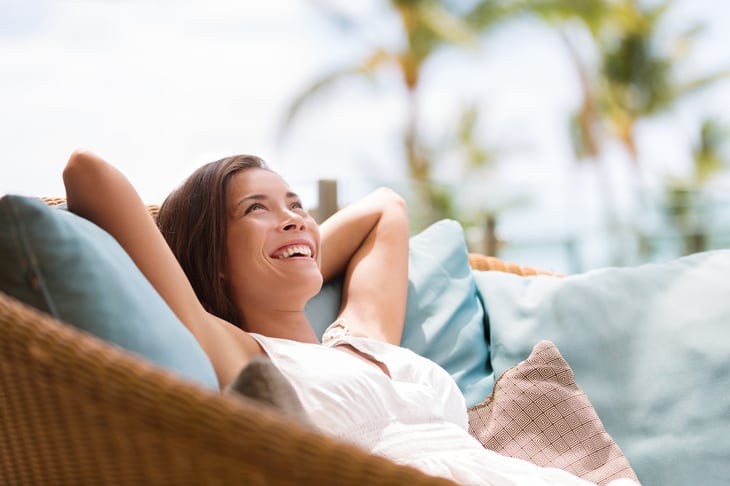
Editor's Note: This story originally appeared on Live and Invest Overseas.
Madeira, an autonomous region of Portugal, is an archipelago made up of three main islands (Madeira, Porto Santo, and the Desertas) that float about 620 miles southwest of mainland Europe in the North Atlantic Ocean.
A giant chunk of seafloor wrenched above the surface, Madeira has a dramatic landscape full of jagged peaks and wind-sculpted cliffs. Sweeping sea views are available from most vantage points.
Lush vegetation abounds, including wild pineapple, banana, and passionfruit.
It’s not what you expect from a European destination. In fact, when I arrived, Hawaii was the first place that came to mind. Bali was the second.
Madeira, the Island of Eternal Spring
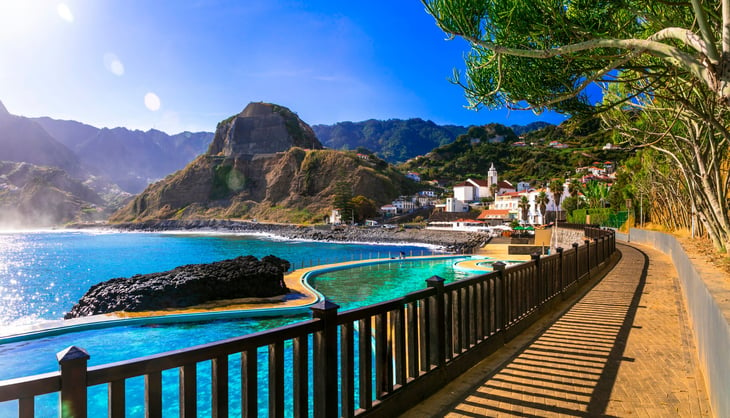
Geographically, Madeira is closer to Africa (the coast of Morocco is only 320 miles away) than Europe but, when you get to the Old Town area of the city of Funchal and see the narrow cobblestone streets, historical buildings, and thriving cafe culture, you’re reminded you are indeed in the Old World.
The primary language in Madeira is Portuguese, but English is widely understood and spoken.
There’s a lot to like here.
Madeira is called the Island of Eternal Spring because of its pleasant year-round weather, which includes warm ocean waters. As a result, its booming tourism industry is unaffected by the seasons.
Award-Winning Beaches
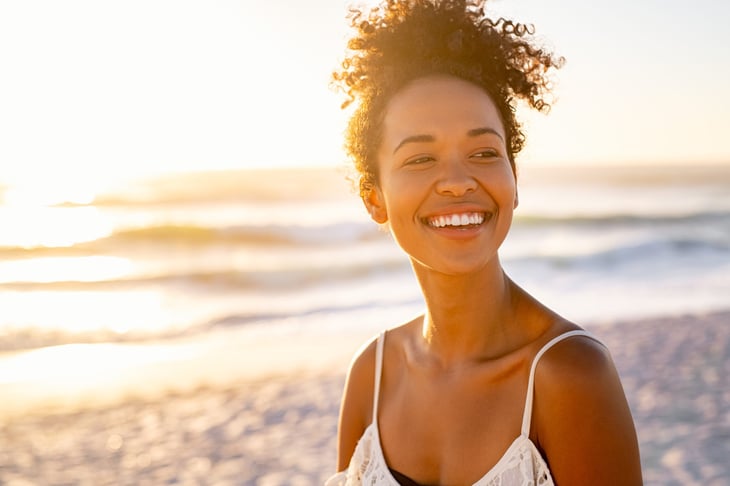
Madeira’s beaches are award-winning, and the island is laced by ancient irrigation lines called levadas, which today are popular hiking routes. It has unique geographic features like capes, canyons, and caves.
Golf, surfing, big game fishing, birdwatching, kayaking, sailing, scuba diving, and whale-watching are a few of the things you can do here.
There’s also an active culture and gastronomy scene that includes seafood and the island’s eponymous libation, Madeira wine.
Affordable and Safe
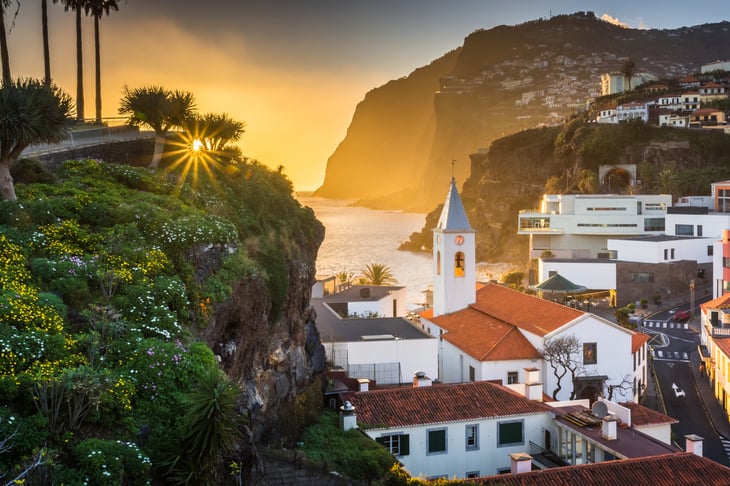
It’s affordable. Rent for a two-bedroom home in Funchal, the capital, starts at about 1,000 euros (a little more than $1,000) per month. Utilities will run you around 80 euros per month and groceries around 300 euros per month.
A meal out for two, with drinks, costs around 50 euros. To run your own car, budget around 50 euros per month.
It’s as safe as can be. Portugal is the seventh-safest country in the world, according to the Global Peace Index, and Madeira has lower crime rates than the mainland.
My personal experience is that I’ve never felt safer traveling somewhere on my own.
For all the reasons already listed, plus good health care and education, Madeira is popular with expats from Germany, France, Austria, and the U.K., plus a growing number of North Americans.
Expat Haven
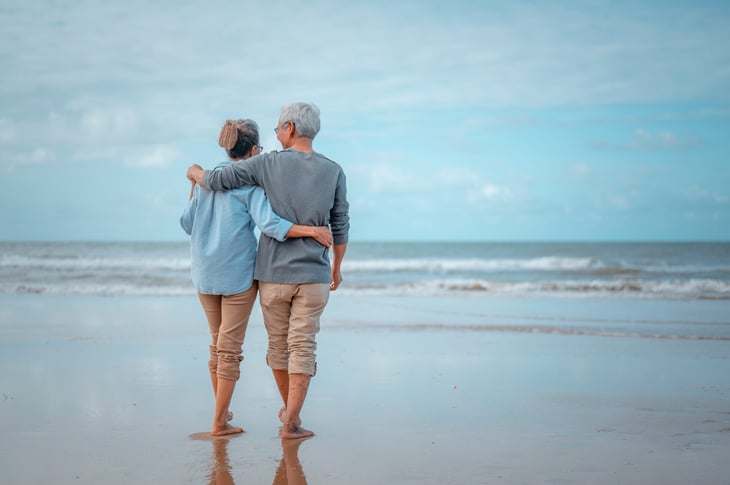
Among those expats is Alan Featherstone, a former florist from the U.K., who first discovered Madeira some 30 years ago.
“My wife and I found a cheap holiday for 50 pounds each. That’s how we ended up here,” says Featherstone. “We went to a welcome meeting and heard that there was no crime here … and 30 years later, this still holds true.
“Eighteen years ago, we bought an apartment in the seaside village of Madalena do Mar. During that time, we’d bounce back and forth between Madeira and Liverpool, spending a week, a month, or six months here and there.
“We decided to retire six years ago. We took some of our pension money and bought a house, which we redesigned to have multiple self-contained apartments.
“We rent these out, and they can provide good income. We rent to digital nomads, and we’ve got one long-term tenant. He’s happy where he is, and we’re happy with what he pays us.”
Life in Madeira
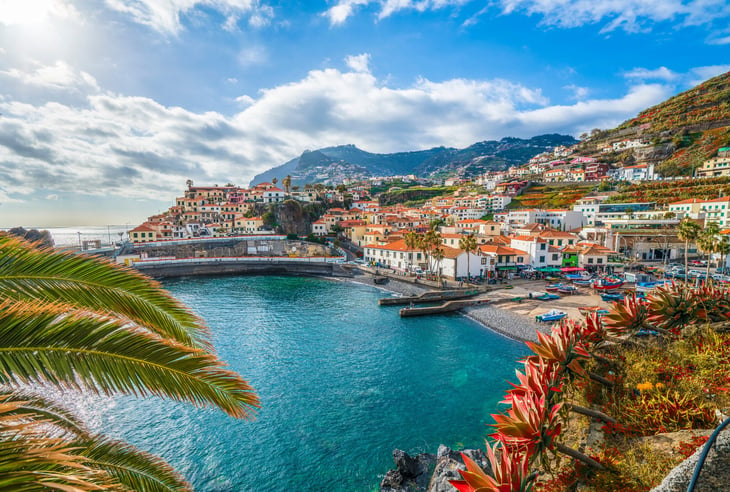
Featherstone continues, “If you live where the locals live, you can live cheap. A meal for two is about 30 euros, including wine, for instance.
“If you live in a tourist area, you’ll pay a lot more. If you’re 30 years old, you’ll find the price of property high. It can be hard for locals, too, because they don’t earn a lot.
“I’ve got an American friend that doesn’t want anyone else coming here in case they drive up the cost of living further … but newcomers also create new jobs in construction, tourism, hospitality, etc.
“I believe it’s good for the island, so I keep telling people to come here!”





Add a Comment
Our Policy: We welcome relevant and respectful comments in order to foster healthy and informative discussions. All other comments may be removed. Comments with links are automatically held for moderation.